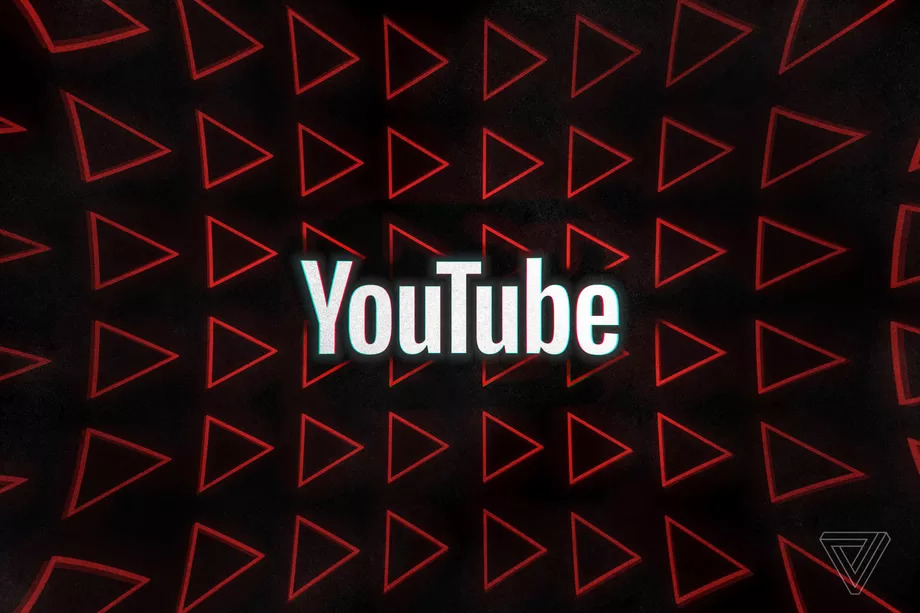YouTube will begin adding informational panels containing information from its network of fact-checkers to videos in the United States, the company said. The panels, which were introduced last year in Brazil and India, appear on searches for topics where fact-checkers have published relevant articles on the subject. The move comes at a time when platforms have seen a surge in misinformation related to COVID-19 and its origin, possible cures, and other subjects.
“When users are searching on YouTube around a specific claim, we want to give an opportunity for those fact checks to show up right then and there, when our users are looking for information — especially around fast-moving. quickly changing topics like COVID-19,” said Neal Mohan, YouTube’s chief product officer. “But of course fact checking will apply more broadly now that it’s launching here in the US.”
YouTube says “more than a dozen” US publishers are already participating in its network of fact-checkers, including FactCheck.org, PolitiFact, and The Washington Post Fact Checker. The network is open to any publisher that is a member of the International Fact-Checking Network (IFCN) and signs its code of principles. Google recently announced that it would donate $1 million to the IFCN.
:no_upscale()/cdn.vox-cdn.com/uploads/chorus_asset/file/19930457/Fact_check_Covid___ibuprofen__1_.png)
Fact-checks will appear on relevant searches, Mohan said. A broad search for “tornadoes” might not bring up a fact-check, but one for “did a tornado hit Los Angeles” might if that subject were in the news.
The move is YouTube’s latest effort to reduce the viral spread of misinformation on the platform — part of a shift at its parent company, Google, starts to take a more interventionist approach in policing the platform. The company has added a “shelf” of breaking news from trusted mainstream sources as well as links to encyclopedia entries for videos about popular hoaxes and conspiracy theories. YouTube has also begun adding links to the World Health Organization, Centers for Disease Control and Prevention, and local health authorities on searches for information about COVID-19.
The pandemic has forced YouTube to reduce its reliance on third-party content moderators who have largely been prevented from coming into the office over fears of spreading the disease. Mohan said that taking care of moderators was his top priority but acknowledged it was sometimes taking longer for the company to respond to reports as a result.
“Because there’s a lot of action taken by these machines, sometimes those appeals are impacted in terms of our response time,” he said. “But generally speaking, we’ve been able to manage this.”
Fact-checks will gradually appear on more videos in the United States over time, the company said. YouTube plans to roll out fact-checks to more countries in the future, Mohan said.



